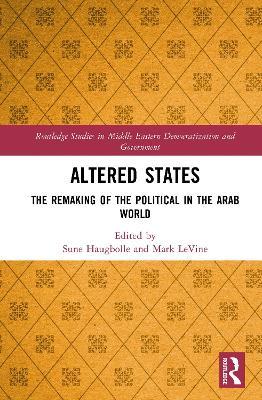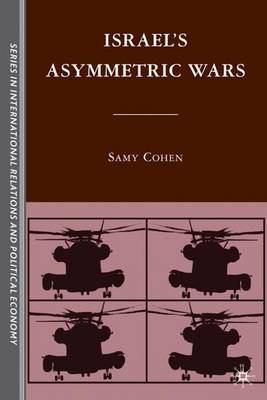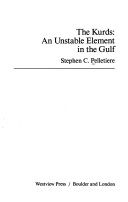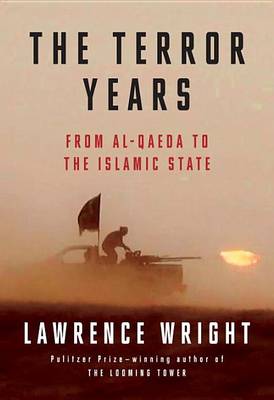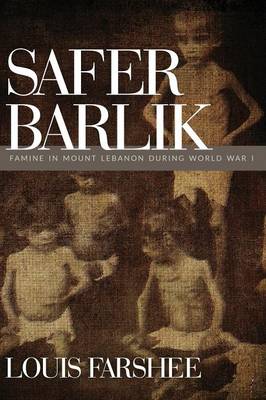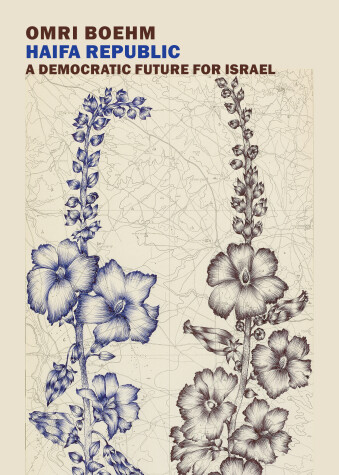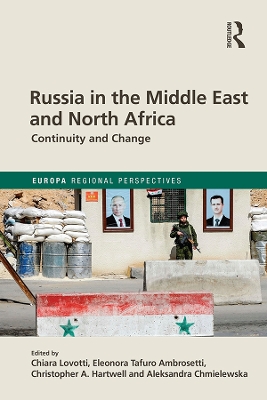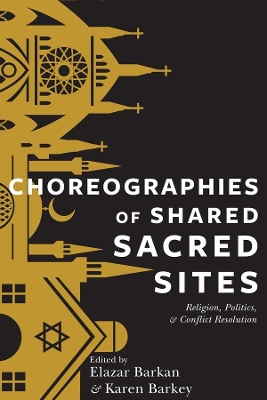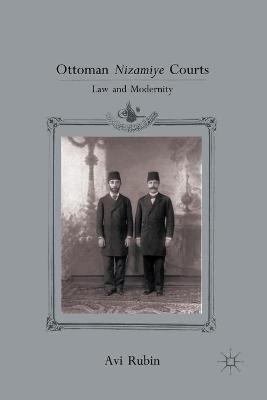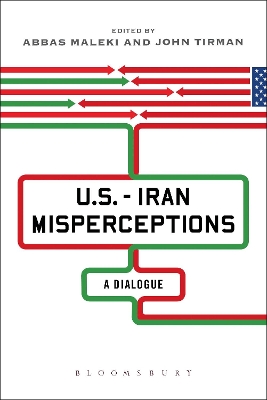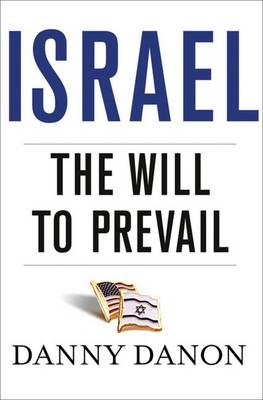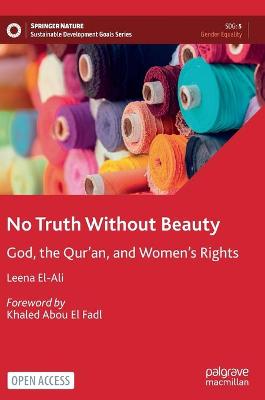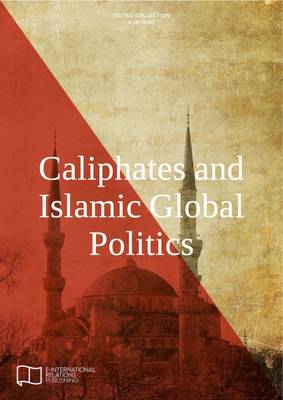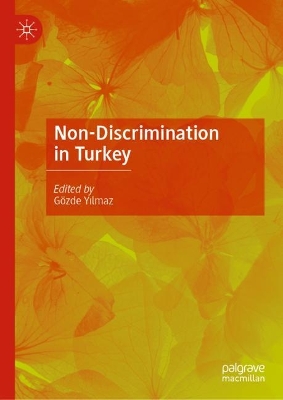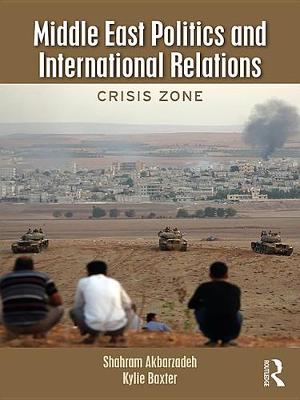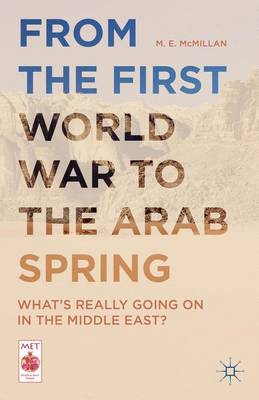Altered States (Routledge Studies in Middle Eastern Democratization and Government)
Building on Timothy Mitchell's seminal 1991 exploration of the "Limits of the State," this book brings together contributions on the state in the Arab world from the past and present in an edited volume. Altered States views the state less as a matter of people and institutions and more as sets of practices, regimes of truth, and capabilities of power, and the effects they have on those under their control. Through analysing case studies - including Tunisia, Syria, Lebanon, Egypt, Palestine, U...
This book is devoted to Israel's asymmetric wars, those conducted against irregular armed groups that have attacked it. It seeks to understand the Israeli strategy in the fight against terrorists acting under the guise of civilians or using the population as human shields. The army has implemented a loosely devised, if not simplistic, doctrine of "disproportionate response" since Israel's founding. The results have been mediocre, nearly always leading to the death of innocent Arab civilians and...
"Eleven powerful pieces first published in The New Yorker recall the path terror in the Middle East has taken from a more peaceful time in 1990s Israel to the recent beheadings of reporters by ISIS.With the Pulitzer Prize-winning The Looming Tower, Lawrence Wright became generally acknowledged as one of our major journalists writing on terrorism in the Middle East. This collection draws on several articles he wrote while researching that book as well as many that he's written since, following wh...
A provocative argument for a new way of seeing Israel, Zionism, and the two-state solution. Haifa Republic: A Democratic Future for Israel is an urgent wake-up call. The philosopher Omri Boehm argues that it is long past time to recognize that there will not be a two-state solution to the conflict between Israel and the Palestinian people. After fifty years, Israel’s occupation of the West Bank constitutes annexation in all but name, even as the legitimate claims of the Arab population, soon to...
Syria Under Assad
In the autumn of 1987 the Shah of Iran left his native country, ostensibly to take an extended holiday. Some months earlier, rioting had broken out amongst the Shah's subjects, fermented by supporters of the exiled Ayatollah Khomeini. The Shah was in fact never to return to Iran; for the rest of his life he was ignominiously shunted from country to country in search of a permanent refuge. The author, a contemporary journalist, traces the story of the Shah's last years in exile - expelled by the...
Russia in the Middle East and North Africa (Europa Regional Perspectives)
After decades of intense interest and rivalry with the USA, the end of the Cold War and the dismantling of the USSR officially marked a period of significant retreat of Russia from the Middle East and North Africa (MENA). However, with Russia’s economic recovery and the entrenchment of President Vladimir Putin, Russia’s interest in the region has risen anew. Once again seen as a battleground to contest US hegemony, Russia has expanded its political, military and (to a lesser extent) economic rel...
Choreographies of Shared Sacred Sites (Religion, Culture, and Public Life, #22)
This anthology explores the dynamics of shared religious sites in Turkey, the Balkans, Palestine/Israel, Cyprus, and Algeria, indicating where local and national stakeholders maneuver between competition and cooperation, coexistence and conflict. Contributors probe the notion of coexistence and the logic that underlies centuries of "sharing," exploring when and why sharing gets interrupted-or not-by conflict, and the policy consequences. These essays map the choreographies of shared sacred space...
A fresh look at one of the most important landmarks in the passage of the Ottoman Middle East to modernity during the late nineteenth century, this book explores the Nizamiye court system. The author offers an innovative conceptualization to serve as an alternative to common - yet poorly grounded - wisdoms about legal change in the modern Middle East. Employing a socio-legal approach, this study is focused on "law in action," as experienced in and outside the Nizamiye courts of law.
U.S.-Iran Misperceptions
Can Iranians and Americans find common ground to overcome their troubled history? U.S.-Iran Misperceptions is the first written dialogue on the key issues that separate these two great countries. Bringing together former policy makers and international relations experts from the United States and Iran, U.S.-Iran Misperceptions: A Dialogue provides new insights into and arguments about how each country’s elites view the other, and how misperceptions have blocked the two from forging a normal and...
Syria and Russia
As a politician in Israel's Knesset, Danny Danon has been a vocal opponent of disengaging in the Gaza Strip and West bank, and transforming the stalemate 'two state/one state' dialogue to include regional partners, at times standing in direct opposition to his own party's leadership. A well-known and frequent speaker in the global arena, he is the rising voice for a fresh movement toward nationalism among the generation of Israelis currently coming to power. Here, Danon shares this vision with t...
This comprehensive work provides a penetrating analysis of modern Middle Eastern history, from the Ottoman and Egyptian reforms, through the challenge of Western imperialism, to the Iranian Revolution and the Gulf War. After introducing the reader to the region's history from the origins of Islam in the seventh century, Cleveland focuses on the past two centuries of profound and often dramatic change. While built around a framework of political history, the book also carefully integrates social,...
In this comprehensive open access book, written for readers from any or no religious background, Leena El-Ali does something remarkable. Never before has anyone taken on every last claim relating to Islam and women and countered it not just with Qur’anic evidence to the contrary, but with easy-to-use tools available to all. How can a woman’s testimony be worth half of a man’s? How can men divorce their wives unilaterally by uttering three words? And what’s with the obsession with virgins in Para...
When he was assassinated in 1896, Nasir al-Din Shah had occupied the Peacock throne for nearly half a century. A colorful, complex figure, he is frequently portrayed as indolent and indulgent. Yet he was in many ways an effective ruler who displayed remarkable resilience in the face of dilemmas and vulnerabilities shared by most monarchs of the Islamic world in the nineteenth century. The Pivot of the Universe is the first biography of this fascinating monarch. In it Amanat traces Nasir al-Din S...
Caliphates and Islamic Global Politics (E-IR Edited Collections)
Non-Discrimination in Turkey
The book “Non-discrimination in Turkey” focuses on issue areas within the broader non-discrimination framework in Turkey. It looks domestic change in Turkey regarding non-discrimination across time. The book unpacks the principle of non-discrimination and provides analysis in many issue areas like LGBTI rights, disability rights or age discrimination that rely under the framework of non-discrimination. Adopting a comprehensive approach including many areas within non-discrimination, the book wil...
Middle East Politics and International Relations
by Shahram Akbarzadeh and Kylie Baxter
The contemporary Middle East has been defined by political crises and conflict. The interplay of internal and external factors have set the region on a path of turmoil and crisis with devastating outcomes for its people. The absence of political accountability and representation, and policies pursued by the United States to keep US-friendly regimes in power have been two key factors that have contributed to the seemingly insoluble Middle East politics. This book provides a detailed exploration...
From the First World War to the Arab Spring (Middle East Today)
by M. E. McMillan
Offering a comprehensive, up-to-date examination of the complex web of wars and proxy wars, revolutions and counter-revolutions that are ripping the Middle East apart, this book puts these events in their historical context and leads readers through the labyrinth that is the new Middle East. This book seeks answers to pressing, contentious questions. Why are there so many hereditary heads of state in the Middle East when the Prophet Muhammad did not appoint a successor? Why do Western countri...
